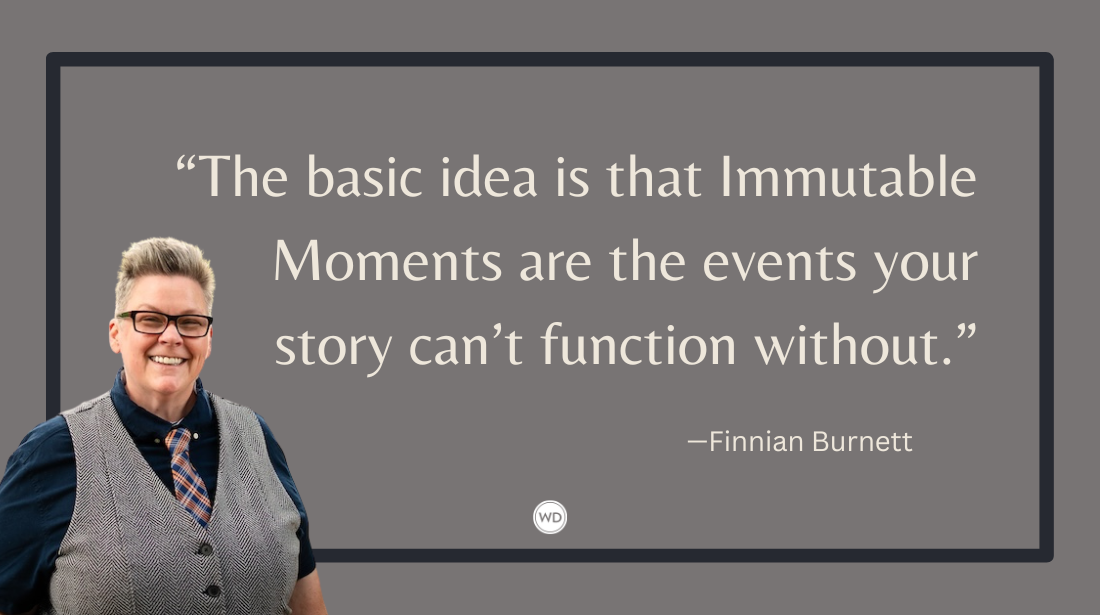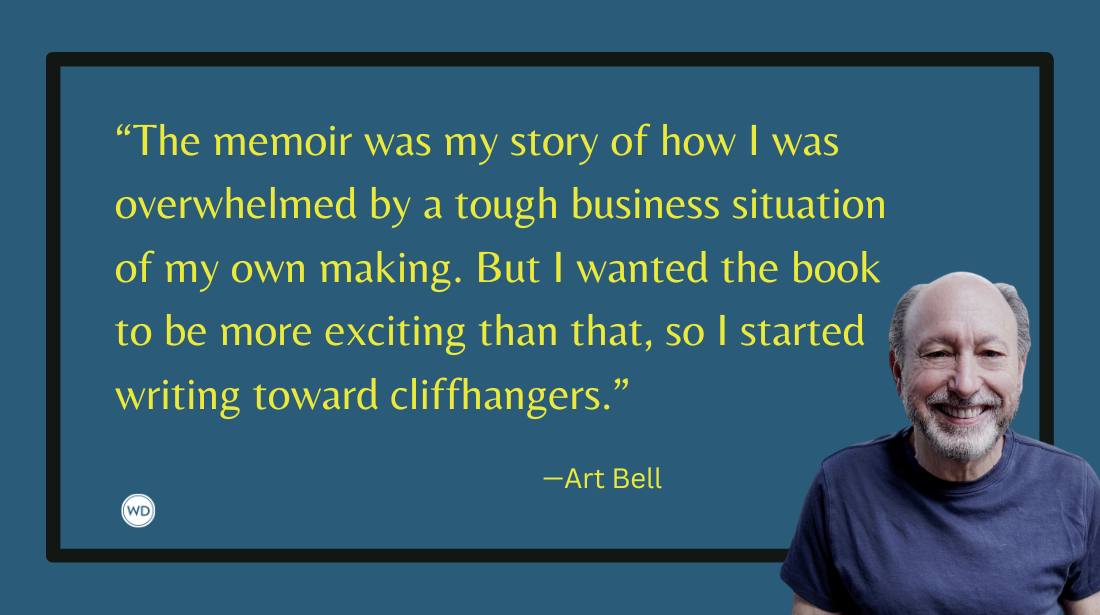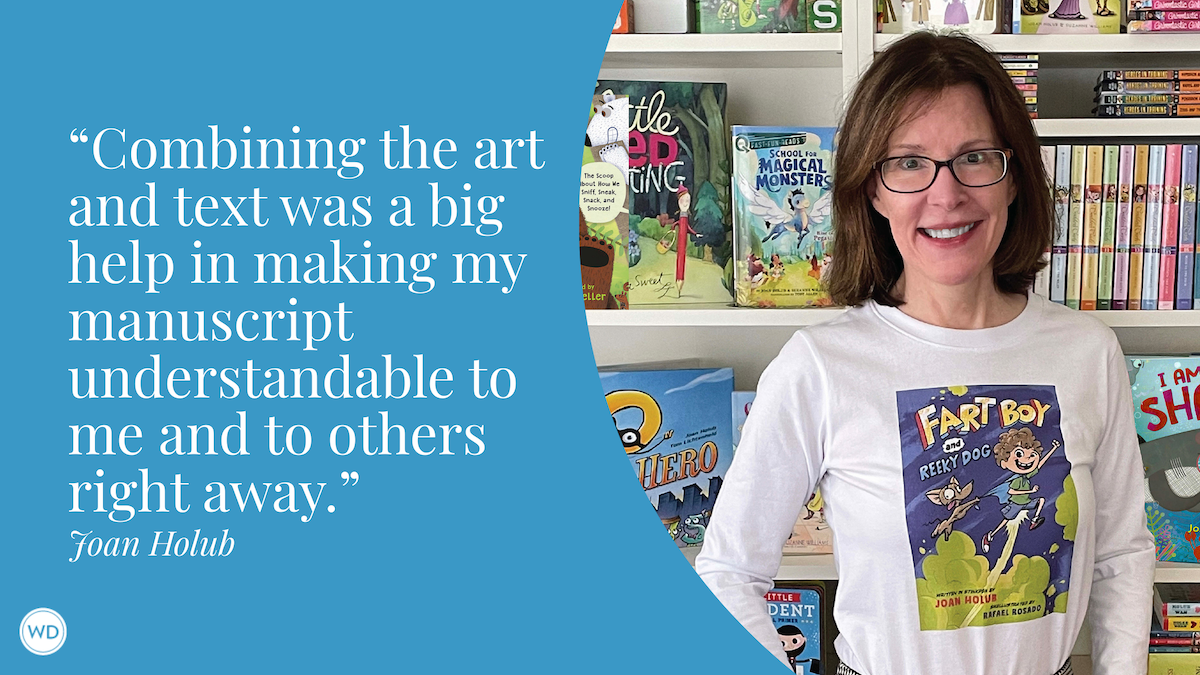Literary Misdirection: Using Reader Expectations Against Them
Niveadita Razdan discusses literary misdirection and how to tap into expectations and use them against readers.
So, here's the thing about surprising readers: It's insanely hard to do well. I've read countless books where the "big twist" made me roll my eyes rather than gasp in shock. Authors long for that moment of surprise when readers' eyes widen, a book drops a little, and someone mutters, "I did not see that coming." The difference between a masterful surprise and a cheap trick isn't just subtle—it's everything.
When I finished my first thriller story and it landed with a resounding thud, I finally understood what went wrong after a long time. The clues weren't there. The groundwork wasn't laid. The characters suddenly behaved like strangers. In other words, I was focusing on surprising the readers more than building up to make the surprise make sense.
What Readers Actually Want
Readers don't want to be fooled—not exactly. They want to be led down a garden path of their own assumptions, only to discover they've walked right past the truth a dozen times without noticing.
Writers need to be aware of the implicit contract they have with readers before they try any literary tricks. To put it plainly, you can deceive me but not defraud me.
I once lost interest in reading a mystery novel when the killer turned out to be a character introduced three pages before the reveal. That's not clever writing; that's just withholding information. The reader feels cheated rather than outsmarted, manipulated rather than surprised.
The contract between reader and writer is fragile. We agree to suspend disbelief; authors agree not to abuse that suspension. Break that trust, and you've lost a reader forever.
Techniques That Don't Suck
Leverage Reader Assumptions
You know what's funny? We all carry these assumptions into stories, and clever writers exploit them mercilessly.
In The Sixth Sense, we assume a character interacting with the protagonist can be seen by everyone. In Fight Club, we assume a narrator experiencing events is separate from other characters. These films don't cheat—they just know what we'll automatically believe without being told.
Kazuo Ishiguro does this brilliantly in Never Let Me Go. He knows readers will assume the boarding school students are normal kids until slowly, horrifyingly, we realize they're something else entirely. The clues were there from page one, but our assumptions blinded us.
The Power of Partial Context
Half the truth can be more misleading than a lie.
Take Gone Girl. The diary entries we read seem straightforward, emotionally raw, authentic. We believe them completely. Why wouldn't we? It's only later we discover how carefully crafted they were to create a specific impression.
This technique works because it doesn't withhold information—it presents real information in a context designed to be misinterpreted. That's not cheating; that's brilliant misdirection.
The Background Detail That Isn't
I love when authors plant crucial details in seemingly unimportant descriptions. Not hiding them, exactly, but camouflaging them among other information.
Raymond Chandler would describe a room, mentioning a half-dozen items including one that would later prove crucial to solving the mystery. The detail registers in our brain without triggering any special attention. When it later becomes important, we get that delicious "it was there all along" feeling.
I tried this in a short story once, describing a character's kitchen including a "block of knives with one missing." Readers completely overlooked it, focusing instead on the character's conversation. When the missing knife showed up 10 pages later, several readers told me they flipped back, found the detail, and felt that perfect mix of surprise and satisfaction.
Ways Writers Screw This Up
The Unforgivable Sins
Look, we all know the worst offenders:
- The narrator who "forgot" to mention they saw the killer
- The detective who noticed a crucial clue but "decided not to mention it yet"
- The sudden twin/relative/friend who appears to save the day
- The villain whose motivation comes out of nowhere
These aren't twists; they're failures of storytelling. They don't surprise so much as annoy.
What's worse is when characters suddenly behave in ways that contradict everything we know about them. The loyal friend who betrays without foreshadowing. The coward who becomes heroic without development. These aren't clever reversals; they're character assassination in service of a plot point.
The Pointless Surprise
Sometimes the problem isn't how the surprise happens but why it matters—or doesn't.
I remember reading a thriller where the big twist was that the protagonist was actually adopted. Ok...and? It changed nothing about the story, affected no relationships, altered no motivations. It was just there to be surprising. That's not a twist; it's a gimmick.
A good surprise should transform the story, not just redirect it. It should force us to rethink what we've read, reconsider characters' motivations, see events in a new light.
Getting the Execution Right
The Revelation Moment
Even a well-prepared surprise can fall flat in delivery. The moment matters enormously.
I still remember the gut-punch of realizing what was happening in Atonement. The revelation comes at exactly the right moment, when we're emotionally invested but not yet at the story's conclusion. Too early, and it would lose impact; too late, and it would feel tacked on.
Some revelations need breathing room. Others work better when delivered rapid-fire, giving readers no time to recover. There's no formula here—just an intuitive sense of rhythm and impact.
Aftermath Matters
A surprising revelation should send ripples through the rest of the story. If characters learn something that changes everything but then behave as if nothing happened, the surprise feels cheap.
I still think about how The Good Place handled its massive first-season twist. The revelation didn't just shock viewers—it completely transformed the show, affecting relationships, goals, and the fundamental premise.
Learning From Different Storytellers
Different genres handle surprise differently:
- Mystery novels play by formal rules—the detective can't know things the reader doesn't.
- Horror often reveals the true nature of the threat gradually, each revelation more disturbing than the last.
- Literary fiction frequently focuses on revelations of character rather than plot twists.
But the best writers borrow across these boundaries. Gillian Flynn uses literary techniques in her thrillers. Kazuo Ishiguro employs mystery elements in literary contexts. Shirley Jackson's horror derives from subtle character observations.
Why We Keep Coming Back
Maybe we crave literary surprises because life rarely offers neat resolutions. We desire stories that mirror life's unpredictability while offering the satisfaction that reality often denies us.
Or maybe it's simpler than that. Maybe we just enjoy having our minds blown, seeing familiar landscapes from suddenly different angles.
Whatever the reason, when done right, literary misdirection creates moments readers remember decades later—those perfect instances when everything shifts, and we see with new eyes.
Final Thoughts
The best surprises don't just trick readers—they reward them. They acknowledge the reader's intelligence while still managing to stay one step ahead.
For writers willing to master the technique, literary misdirection offers rare possibilities—the chance to control not just what readers see but what they expect to see. Few approaches demand more precision, and few offer greater rewards when executed well.
In the end, perhaps that's the real magic: not that the story fools us, but that it makes us willing participants in our own deception. We emerge not feeling cheated but enlightened—as if we've gained something valuable by being momentarily led astray.
And isn't that worth the effort?








